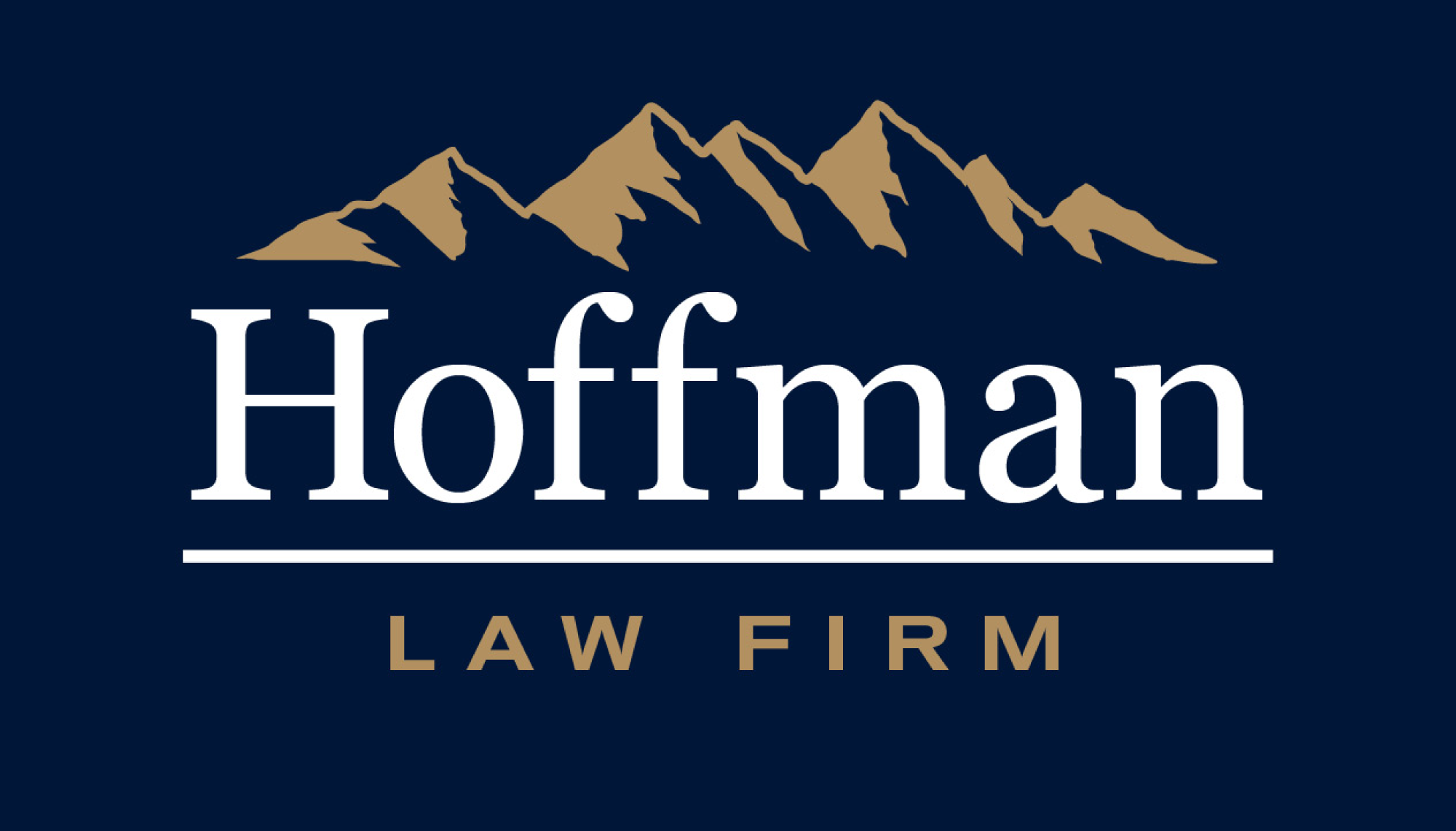What is the Colorado Governmental Immunity Act

If you are involved in a personal injury, car crash, or any other situation where you were harmed by the negligence of a Colorado governmental official, your situation could be impacted by the Colorado Governmental Immunity Act (CGIA). The CGIA can have a substantial impact on your ability to seek compensation for injuries sustained due to government entities’ negligence. In this blog, we’ll delve into the intricacies of the CGIA and its implications on personal injury claims.
What is the Colorado Governmental Immunity Act?
The Colorado Governmental Immunity Act, often referred to as the CGIA is a state law that governs the liability of Colorado governmental entities and their employees in personal injury cases. Enacted to protect government entities from excessive financial liability, the CGIA sets specific rules and limitations on the ability to sue the government for negligence.
What is the Purpose of the CGIA?
The Colorado Governmental Immunity Act (CGIA) serves as a Colorado law designed to balance the interests of public entities and individuals seeking compensation for injuries caused by government actions. This legislative intent is outlined in C.R.S. § 24-10-102, shedding light on the primary objectives of the CGIA and the rationale behind exceptions to governmental immunity. Here’s a summary of the key purposes:
- Equity in the Legal System: The CGIA aims to rectify the inherent unfairness of common law sovereign immunity, which grants complete immunity to the government in tort suits involving injuries to private individuals. This blanket immunity was seen as inequitable.
- Protection of Public Services: State and local governments play a critical role in delivering essential public services and functions. Without some form of protection, unlimited liability for government actions could disrupt or render prohibitively expensive the provision of these vital services.
- Financial Responsibility: Unlimited liability for public entities would ultimately shift the financial burden onto taxpayers. The CGIA seeks to strike a balance by limiting liability to protect taxpayers from excessive fiscal burdens.
- Encouragement for Public Employees: Public employees, whether elected or appointed, need protection from unlimited liability. This safeguard ensures that these individuals are not deterred from fulfilling their duties to citizens or exercising their legal powers. Such protection fosters an environment where public employees can provide essential services without fear of personal liability.
Key Aspects of CGIA:
Immunity: The CGIA grants government entities “sovereign immunity,” which means they cannot be sued unless certain exceptions apply. This immunity is rooted in the idea that the government should be able to fulfill its functions without the constant threat of litigation.
Exceptions: While sovereign immunity can be a barrier to personal injury claims, the CGIA also outlines exceptions that allow individuals to bring lawsuits against government entities. The most common exceptions that allow claims against the Colorado government and its employees are:
- Operation of a motor vehicle owned or leased by a governmental entity, by a public employee while in the course of employment;
- Operation of a public hospital, correctional facility, or jail;
- A dangerous condition of any public building;
- A dangerous condition of a public highway, road, or street;
- Failure to perform an education employment required background check.
Notice Requirements: Another critical aspect of CGIA is the notice requirement. If you intend to file a claim against a government entity, you must provide written notice within a specified timeframe, typically 182 days from the date of the incident. Failing to meet this deadline can result in the dismissal of your claim. Failure to comply with the notice requirement may outright bar any recovery. Some of the requirements for the notice are as follows:
- The name and address of the injured and the name and address of their attorney (if any);
- A clear and concise statement of the factual basis of the claim, including the date, time, place, and circumstances of the act, omission, or event that caused the injuries;
- The name and address of any public employee involved, if known;
- A statement of the nature and the extent of the injury claimed to have been suffered; and
- A general statement of the monetary damages that is being requested.
Implications of the CGIA on Personal Injury Claims:
Limited Recovery: One of the most significant implications of the CGIA is that it can limit the amount of compensation you can recover for certain claims.
Complex Legal Process: Pursuing a personal injury claim against a government entity can be a complex legal process due to the CGIA’s unique requirements and restrictions. This makes it crucial to seek experienced legal counsel.
Strict Timelines: As mentioned earlier, adhering to the notice requirements and statute of limitations is vital. Missing deadlines can result in the dismissal of your claim, leaving you without recourse.
Navigating the Colorado Governmental Immunity Act in personal injury claims can be a complicated task. It’s to take prompt and decisive action if you believe you have a valid claim against a government entity. Seeking the guidance of an experienced personal injury attorney is often the most effective way to ensure your rights are protected and your case is pursued diligently.
If you’ve suffered injuries due to the negligence of a government entity, contact our experienced team at Hoffman Law Firm PC. We specialize in personal injury cases and can provide you with the legal representation and support you need to navigate the complexities of the CGIA and seek the compensation you deserve.
